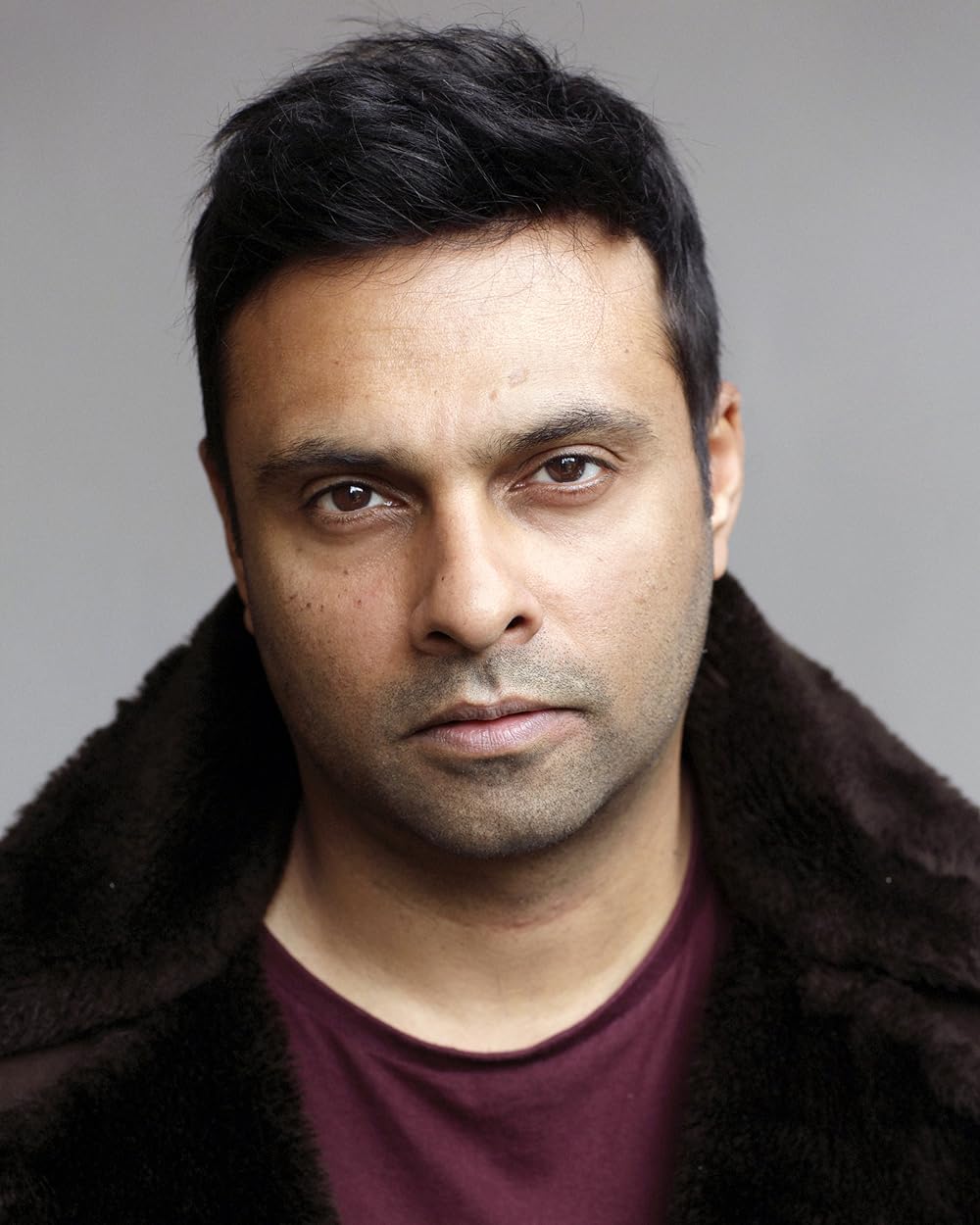Welcome back to our Meet The Lecturers series, where we take some time with our incredible industry-professional lecturers to get some insight into their filmmaking careers, their teaching ethos and how they hope to inspire students,
In this instalment, we interview David Kukadia, who teaches the Directing Fiction module on our BA (Hons) Filmmaking degree in Birmingham.
David Kukadia is a British actor, producer, and award-winning filmmaker with over 15 years of industry experience. Having been professionally trained at the Birmingham Theatre School, David has worked extensively in film, theatre, and television. Credits include Batman Begins, Line of Duty, Dr Who, Casualty, Holby City, and Doctors.
Can you describe a particularly successful or innovative project you have led with your students? What made it stand out?
The latest project; it was a collaboration between Directing Fiction and Performers College. My directors were paired with actors. They had to work and develop a piece of text/monologue, tracking progress over 4/5 weeks. The idea was for actors and directors to work consistently with each other, learning how to communicate, how to draw certain emotions, and develop a character.
As a lecturer in filmmaking at Screen and Film School Birmingham, what are some of the key lessons you aim to impart to your students?
Treat yourself like a business. You are your own business, so strategically position yourself like that. Make sure your social media is up to date, and any websites, go to networking events, and send out those emails. And create and make, create and make, create and make!

David Kukadia and Ashley Walters at Screen and Film School Birmingham Masterclass (via Instagram)
What strategies do you employ to foster creativity and critical thinking in your students?
To a certain extent, it is a case of throwing them into the deep end, trying to recreate as much of an industry environment as possible. Put them in situations where they must work things out for themselves.
What role do you believe recognition and awards play in a filmmaker’s career, both for established professionals and emerging talents?
Everyone wants to be recognised and receive awards for their work, and it is a nice cherry on the cake. However, the true reward is the work you put in.
How do you see the role of technology evolving in filmmaking, and what innovations are you most excited about?
AI (Artificial Intelligence) will revolutionise not just the film industry but others – it already is. We need to make sure that it is used as a tool to aid the filmmaking process rather than replace it. Technology is inevitable: let us embrace it to enhance the story telling process.
Everyone wants to be recognised and receive awards for their work, and it is a nice cherry on the cake. However, the true reward is the work you put in.
What advice do you give to students aspiring to enter the filmmaking industry, particularly in the current digital age?
As I mentioned before, treat yourself like a business, be strategic, create and make. Embrace the hustle! Network as much as possible and be willing to learn and absorb.
What challenges have you faced in your creative career, and how have you overcome them?
I have faced many challenges, from not getting the roles I wanted to play, to financial and cultural challenges, a lack of opportunities… there are many, but you have got to be persistent. You will hear the word “no” a lot in this industry. So, develop that thick skin and strive forward.
Looking back at your career, what are some key moments or projects that have significantly shaped your professional and creative identity?
Setting foot onto my first film set gave me the bug. Failing onstage really made understand what it takes to truly work in this industry. Other moments have been my first TV gig, setting up a production company and teaching my first academic module.
Are you interested in being a part of the new legacy at Screen and Film School Birmingham?
Sign up to one of our Open Days:
Find out more information on our courses by clicking below:



